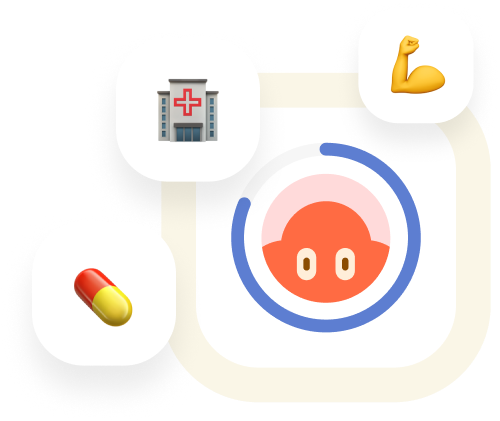Join a Community That Understands You
Get answers from those who share your health journey



Lukaangel's Post
Lukaangel
Updated 1y ago
Coping with Intense Mood Swings and Emotional Dysregulation
Can you help? Connect today
ALB
1y
MeRiCa
1y
Aliek
1y
ShadowLord
1y
Aliesha
1y
Beckle
1y
QuinnS
1y
The content in this post is not intended to be a substitute for professional medical advice, diagnosis, or treatment. Always seek the advice of your physician or other qualified health provider with any questions you may have regarding a medical condition.

Free unlimited access
to all community content

Find others who are
medically similar to you

Pose questions and join
meaningful discussions
Alike is a transformative platform that goes beyond just bringing together patients; it meticulously connects individuals based on multiple critical factors, such as age, gender, comorbidities, medications, diet, and more, fostering a community of knowledge, support and empathy.
© 2020-2024 Alike, Inc